18 Oct Should your state reject Title IV grants from the federal government under the Social Security Act?
Let’s first clarify recent legislation. The Family First Prevention Services Act (Family First) was passed in February 2018. Prior to it passing, states could only receive these grants AFTER a child was separated from their family and placed in foster care. NOW, the grant money can be paid for services aimed to keep children at home, within the extended families that love them. Both sides of a child’s family are supposed to be considered as primary caregivers for the child, before the child is placed into a foster family . The potential impact of this Act has not yet been fully realized because almost all of the states have refused to follow the federal guidelines but they still are receiving the grant monies almost 3 years later. The County Welfare Directors Association of California refused to embrace the changes and instead it continues to oppose them, even after the Family First was passed. However, California continued to get the grant money because, as a state assembly person told me, “We know how to get federal grant money”.
The Family First was designed to preventing children from suffering the abuse and/or neglect that we have seen in far too many California foster care homes and institutions. It almost overhauls the current system by making it difficult for California to place children in institutional care. This is true even after California took emergency, temporary or final legal rights of a child from the parents (think group homes). It provides financial support and resources for extended family that take children into their own homes (like aunts, uncles, grandparents). It improves services to help prevent adults, who were foster children, from traveling down the homelessness pipeline. One of our own foster care youth organizations, here in California, was a reason why the Family First act was passed. We want to thank the California Youth Connection and especially one of its former members, Jordan Sosa. Jordan is this blog’s cover image. His siblings grew up in foster care. Losing siblings in foster care is a common occurrence for these children with lifelong damaging consequences. Jordan interned with Congress, House Committee on Ways and Means working on the Family First Act and with the Congressional Coalition on Adoption Institute (CCAI) to present a congressional briefing on how the federal government can improve the juvenile dependency courts. We think parents should be focusing their efforts on convincing their County Welfare Director to implement the changes Jordan worked so hard on and became a reality.
Jury trial rights in our California juvenile dependency courts will also take the focus off of the targeted parents and instead focus on keeping the child with loved ones. We aren’t attempting to stop California from seizing emergency legal rights to children, but we are seeking to stop California from taking temporary, and especially permanent legal rights, of a child from a family member who is better equipped to be the child’s legal parent than the state is. We are seeking to prevent unwarranted governmental interference in families and extended families, #PreventUGI with jury trial rights.
In regard to the 10% interest California receives in addition to Title IV grant money to collect on the huge backlog of missing child support payments from parents with cases in our family and juvenile dependency courts? That is just ridiculous by today’s standards and counterproductive, #PreventUGI


